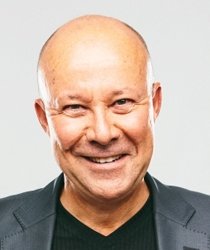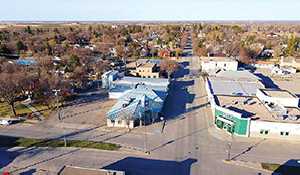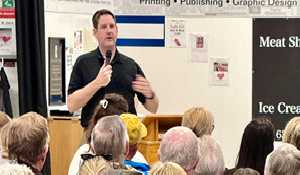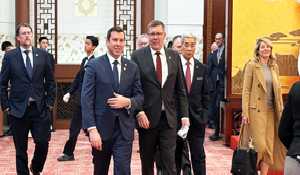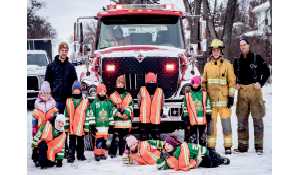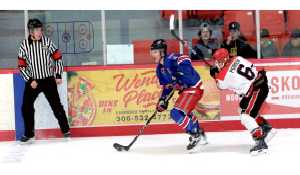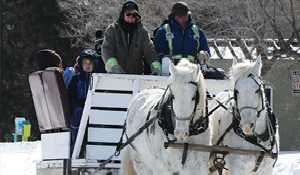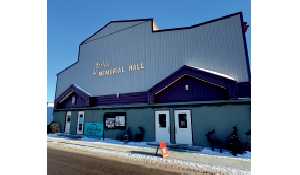Changing names and accepting apologies
April 9, 2018, 9:45 am

It is puzzling to witness the saga of Gabriel Michael Fisher, arrested last week by Saskatchewan police and charged with eight child pornography-related offences.
Fisher is the new legal name for Kevin Daniel Hudec, whose long record of child pornography convictions and high risk earned him a Long-Term Sex Offender designation, where he is under constant police supervision.
Just over a month ago, Hudec legally changed his name to Gabriel Michael Fisher. At about the same time, the police were closing in on Hudec/Fisher for alleged on-line offences from January.
According to eHealth Saskatchewan, the agency responsible for Vital Statistics, a legal name change can be made within weeks if someone is at least 18 years of age, a Saskatchewan resident for at least three consecutive months and eligible to remain in Canada. No other questions are asked.
Because Hudec/Fisher is a registered sex offender the Sex Offender Information Registration Act requires him to notify the RCMP about his changed name, so presumably the police know when convicted criminals take on a new identity.
But members of the community do not, like vulnerable children and their families.
The Registrar of Vital Statistics may refuse a name change if is not “in the public interest.” Is it in the public interest to have a sex offender still serving a sentence hide under the radar by doing an identity makeover?
We deserve better.
Since its 2015 report, the “calls to action” from Canada’s Truth and Reconciliation Commission on residential schools have been largely practical and instructive in re-shaping the relationship with Indigenous people and finding a way forward.
But as the 94 recommendations assume commandment-like status, it is worth pointing out that some of them are problematic, like the implications on law and policy making by imposing the United Nation’s Declaration on the Rights of Indigenous People on every level of government.
Ditto for ordering the CBC’s already bloated state funding to be further boosted. This does little to end the legacy of residential schools.
One recommendation calls on the Pope, as head of the Roman Catholic Church, to issue a detailed apology related to residential schools and to personally deliver the apology in Canada.
As Pope Francis declined and the predictable furor ensued, there was a sense of déjà vu.
In the early 1990s in Saskatchewan, the Canadian Conference of Catholic Bishops came to a national meeting on residential schools and issued an unqualified and thorough apology and promised reparations for their church’s role in residential schools.
But the bishops are not the Pope. So, in 2009 Pope Benedict met at the Vatican with a delegation of Canadian indigenous leaders, personally apologized to them and “expressed his sorrow at the anguish caused by the deplorable conduct of some members of the Church and he offered his sympathy and prayerful solidarity.”
At his side, Canada’s Assembly of First Nations Grand Chief, Phil Fontaine, accepted the apology, calling it the “final piece” in the process and that it should “close the book on the issue of church apologies.”
Surely a time comes when instead of demanding repeated apologies, they be accepted and then built on.
And as Rod Stewart rolled through Saskatoon for the first time in a dozen years, I’d admitted to never having seen him in concert. So, the date night was on.
I am married to a Rockin’ Rod super fan. I cannot remember the number of times she’s seen him in concert. She can—six, and has travelled to see him in Vegas, even danced on stage with him once years ago.
As we entered SaskTel Centre, me: “Sure are a lot of old people here.” Her: “You fit right in.”
It was a great night, singing every word from every hit from the eighth row on the floor, a terrific 13-piece backup band and chorus—all led by a consummate showman who had the crowd in his hand. It was an evening to remember, if not a few decades late! Tweet
